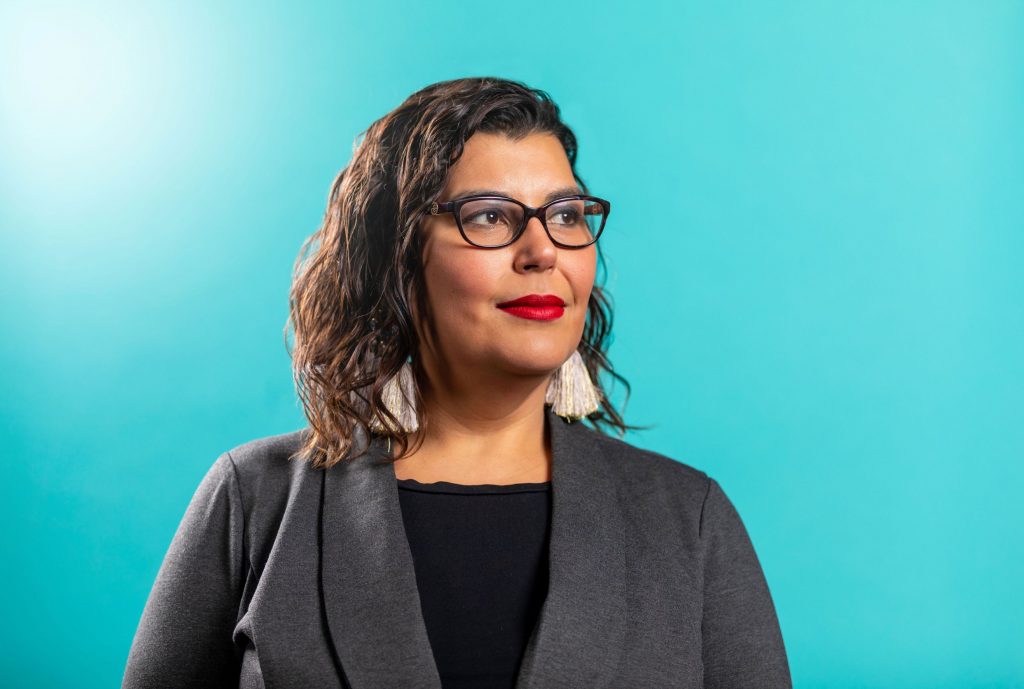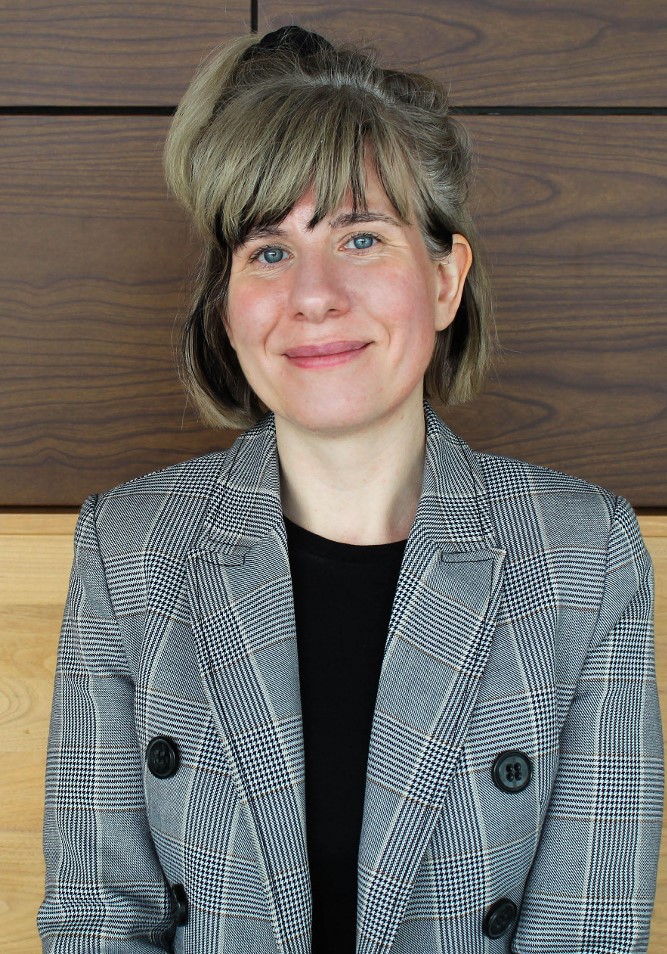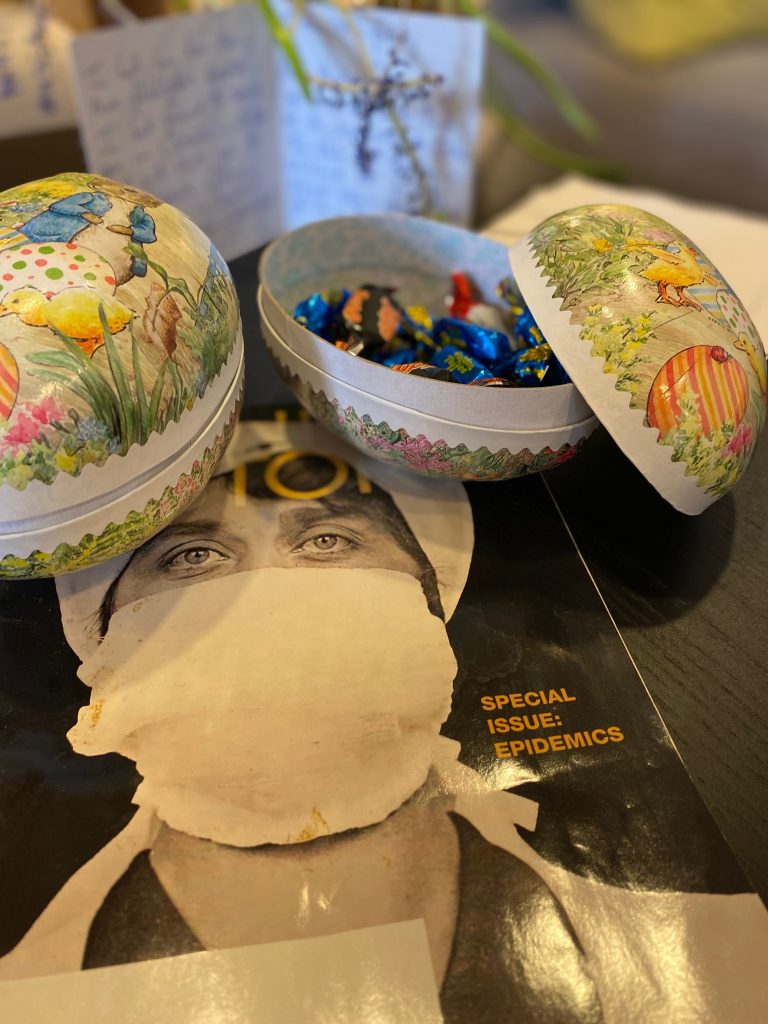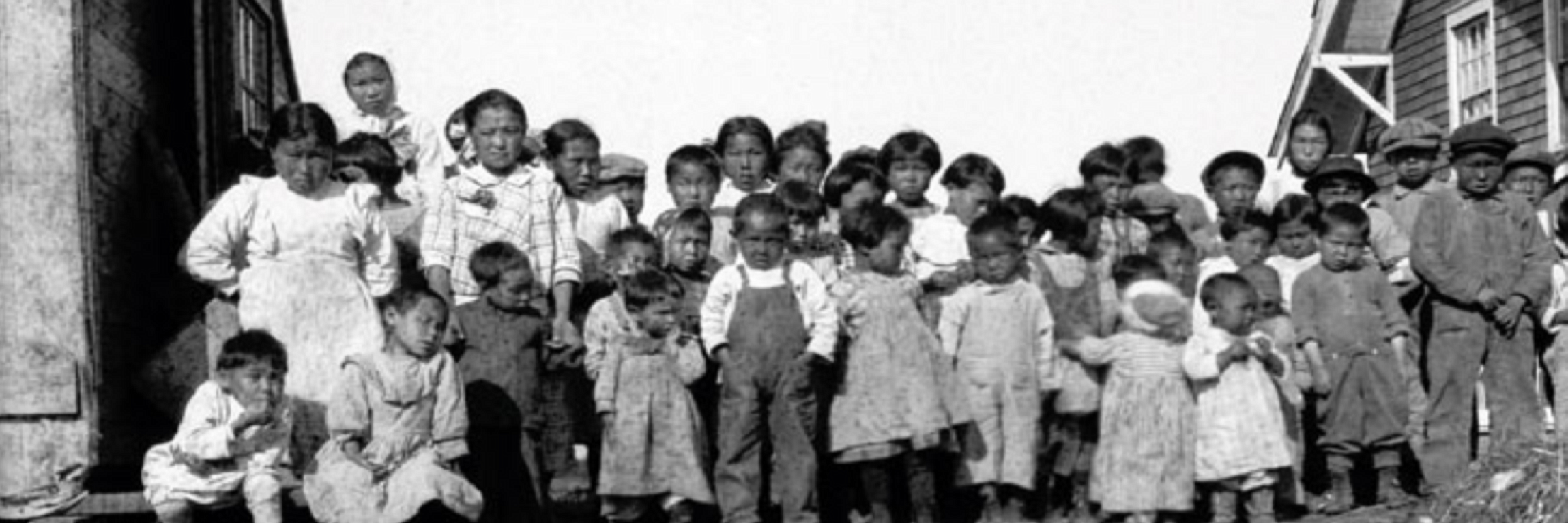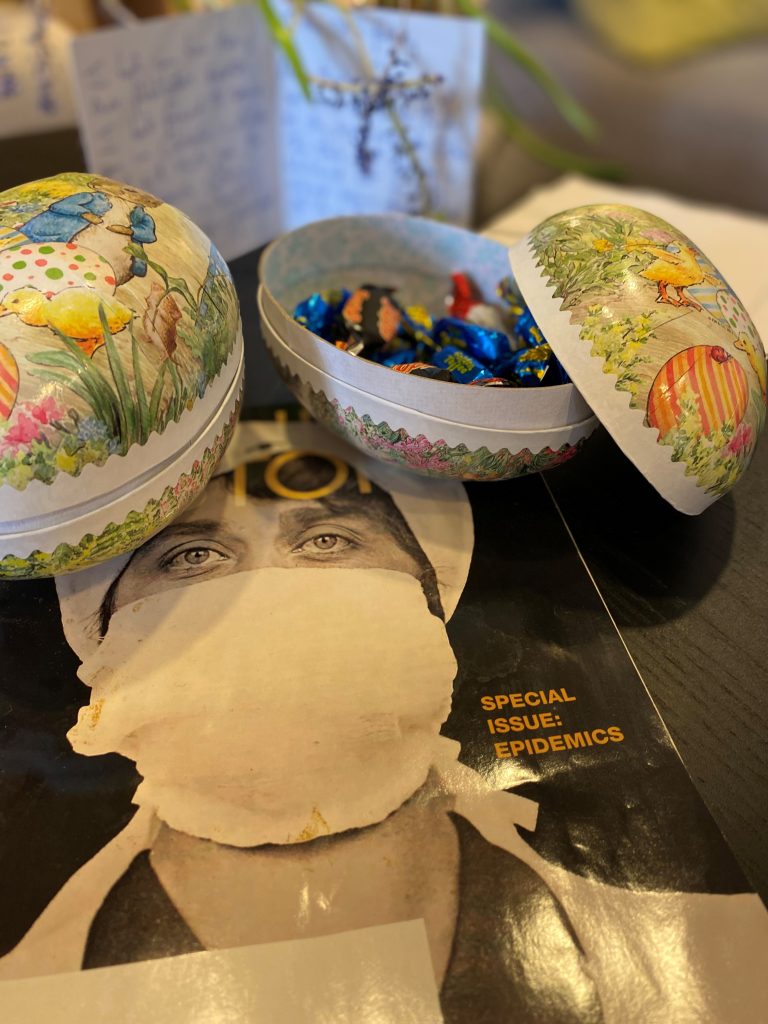Call for Applications: Visiting Researcher Program 2023-2024

PANSOC welcomes applications for our Visiting Researcher program during the 2023-2024 academic year. Preference will be given to senior researchers with demonstrated potential for obtaining external funding.
Two applicants will be selected based on their research experience and interests and the requirement that they contribute concrete ideas for – and at least initial drafting of – grant proposals during their stay (minimum 2 weeks, preferably up to 4 weeks). These proposals will be led by the candidates with PANSOC as a partner and submitted to local funding bodies corresponding to the researchers’ affiliations/countries or to the Research Council of Norway or NordForsk with us as PI, as appropriate.
We encourage applications from researchers in all fields with interests in the social and biological aspects of historical, current, and future pandemics. We are particularly interested in topics such as:
- Disparities in disease outcomes or impacts of public health measures based on socioeconomic, ethnic, health, and/or other inequalities.
- Syndemic interactions with non-communicable diseases and chronic health conditions, including long-term health impacts of pandemics.
- Relationships between infectious disease epidemics and other crises such as wars or extreme climate events/climate change.
The visiting researcher program will cover transportation costs to Oslo and accommodations up to 50,000 NOK.
Please send 1) a CV, 2) a description (1-2 pages) of your idea for a joint proposal, 3) tentative budget for the visit, and 4) anticipated timing or availability for travel to Oslo to Svenn-Erik Mamelund (masv@oslomet.no).
APPLICATION DEADLINE: 15 June 2023


